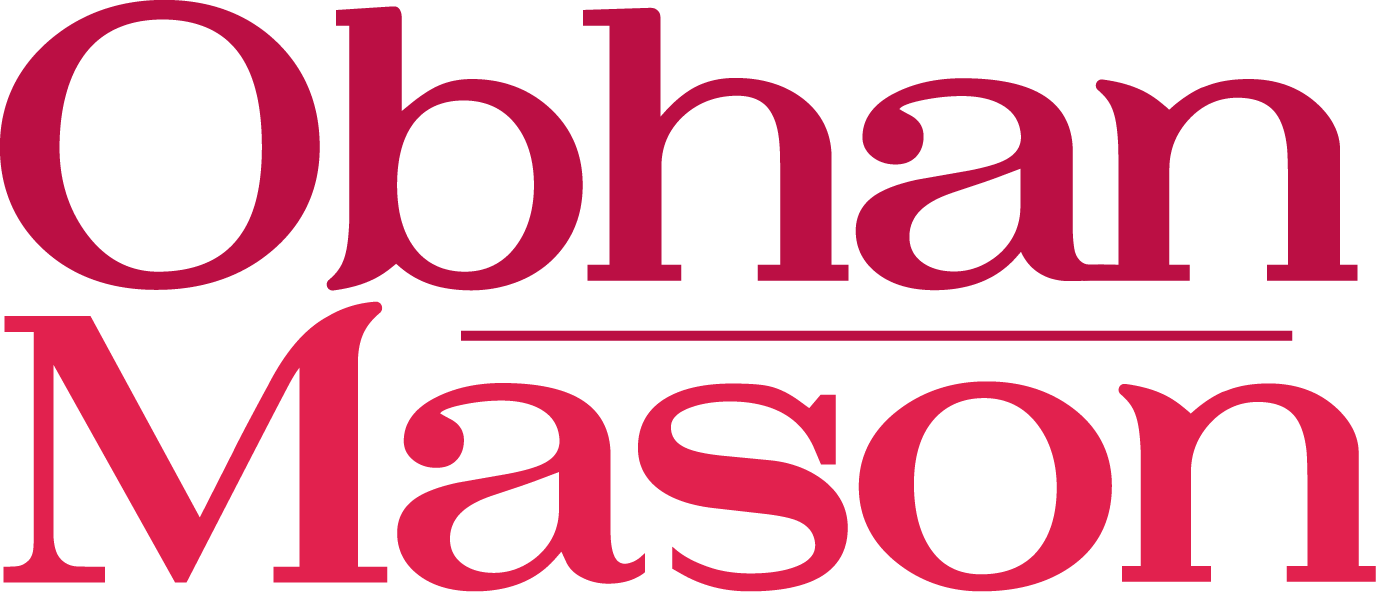Tag: Exhaustion
March 23, 2020
Intellectual Property | Trademark
Intellectual Property | Trademark
Delhi High Court reverses decision: e-Commerce platform...
In a landmark judgement in Amazon Seller Services Pvt. Ltd. v. Amway India Enterprises Pvt. Ltd. & Others, FAO(OS) 133/2019, a Division Bench of the Delhi High Court has permitted e-commerce platforms to sell and advertise products of Direct Selling Entities ("DSEs") without their consent....
September 4, 2019
Intellectual Property | Trademark
Intellectual Property | Trademark
E-commerce platforms banned from selling or advertising...
The Delhi High Court recently restrained multiple e-commerce platforms from selling, offering to sell, advertising, or displaying products in breach of third party agreements. The court's orders, from July 2019, arose out of a set of seven suits filed by direct selling companies against e-commerce platforms, and will have far-reaching consequences for not only e-Commerce companies but also any 'intermediary' that offers a platform, marketplace or forum to users online....
July 30, 2018
Intellectual Property | Patent
Intellectual Property | Patent
India SEP Litigation Update – Warning to implemen...
The first post trial SEP case, involving both patent and competition laws, has given SEP holders some relief. The Philips case involving its patents relating to DVD video players, offered an interesting and relevant platform for jurisprudence on cutting edge patent and anti-trust issues such as essentiality, standard setting, and exhaustion. This article discusses the facts of the case and the various reasons why the decision of the Delhi High Court is far from satisfactory and is likely to cause some heartburn to implementors....













